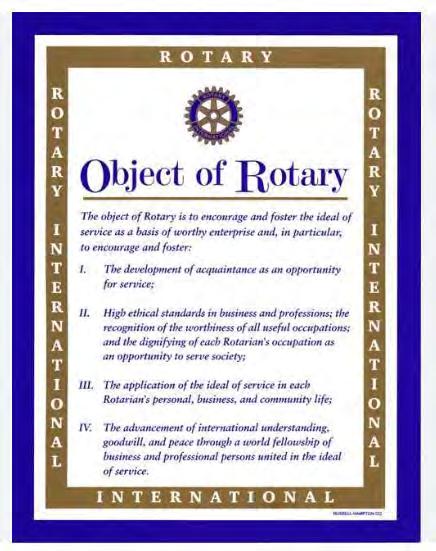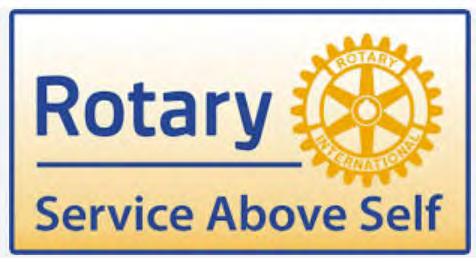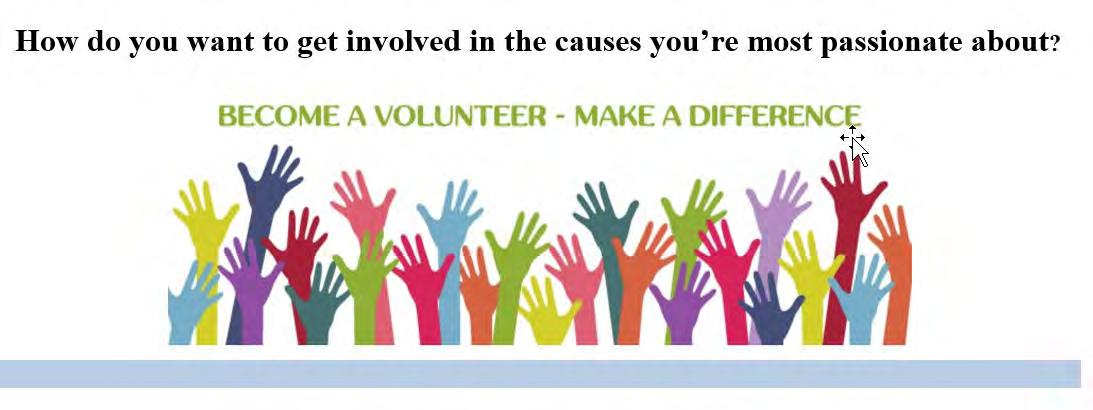
3 minute read
The Beginnings of Rotary –
continued from last month
The Object of Rotary
Advertisement
The Object of Rotary is to encourage and foster the ideal of service as a basis of worthy enterprise and, in particular, to encourage and foster:
FIRST: The development of acquaintance as an opportunity for service.
SECOND: High ethical standards in business and professionals; the recognition of the worthiness of all useful occupations; and the dignifying of each Rotarian’s occupation as an opportunity to serve society;
THIRD: The application of the ideal of service in each Rotarian’s personal, business, and community life;
FOURTH: The advancement of international understanding, goodwill, and peace through a world fellowship of business and professional persons united in the ideal of service.
The Object of Rotary has not always been expressed in this manner. The original Constitution of 1906 had three objects: promotion of business interests, promotion of good fellowship, and the advancement of the best interests of the community.
By 1910, Rotary had five Objects, as increased emphasis was given to expanding Rotary. By 1915, there were six Objects. In 1918, the Objects were rewritten again and reduced to four. Four years later thy had again grown to six and were revised again in 1927.
Finally, at the 1935 Mexico City Convention, the six Objects were restated and reduced to four. The last major change came in 1951 when the Objects were streamlined and changed to a single Object, which has four parts.
The “ideal of service” is the key phrase in the Object of Rotary. This ideal is an attitude of being a thoughtful and helpful person in all of one’s endeavours. That’s what the Object truly means.
Rotary’s Official Mottoes
“Service Above Self” and “One Profits Most Who Serves Best” both trace back to the early days of the organization.
In 1911, “He Profits Most Who Serves Best” was approved as the Rotary motto. It was adapted from a speech made by Rotarian Arthur Frederick Sheldon at the first Rotary convention. Sheldon declared that “Only the science of right conduct toward others pays. Business is the science of human services. He profits most who serves his fellows best.”
At the 1950 RI Convention in Detroit, slightly modified versions of the two slogans were formally approved as the official mottoes of Rotary. “He Profits Most Who Serves Best” and “Service Above Self.” The 1989 Council on Legislation established “Service Above Self” as the principal motto of Rotary.
Five Avenues of Service
Club Service involves focusing on strengthening fellowship and ensuring the smooth functioning of Rotary clubs. Learn about effective club service in Membership and Training.
Vocational Service involves club members serving others through their professions and aspiring to high ethical standards. Rotarians, as business leaders, share skills and expertise through their vocations, and the inspire others in the process.
Community Service is the opportunity Rotary clubs have to implement club projects and activities that improve life in the local community.
International Service encompasses efforts to expand Rotary’s humanitarian reach around the world and to promote world understanding and peace. It includes everything from contributing to PolioPlus to helping Rotary Youth Exchange students adjust to their host countries.
Youth Service is the avenue that recognizes the positive change implemented by youth and young adults involved in leadership development activities, community, and international service projects, and exchange programs that enrich and foster world peace and cultural understanding.
Vocational Service
Vocational Service is the Second Avenue of Service. No aspect of Rotary is more closely related to each member than a personal commitment to represent one’s vocation or occupation to fellow Rotarians, and to exemplify the characteristics of high ethical standards and the dignity of work.

Programs of vocational service are those that seek to improve business relations while improving the quality of trades, industry, commerce, and the professions. Rotarians understand that each person makes a valuable contribution to a better society through daily activities in a business or profession.
Vocational Service is frequently demonstrated by offering young people career guidance, occupational information, and assistance in making vocational choices. Rotary clubs recognize the dignity of employment by honouring exemplary service of individuals working in their communities. The Four-Way Test and other ethical and laudable business philosophies are often promoted among young people entering the world of work. Vocational talks and discussion of business issues are also typical Vocational Service programs at most clubs.
Source: https://rotary1.org/101-things-about-rotary/












